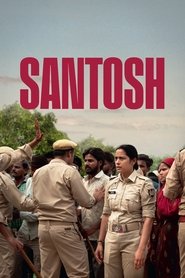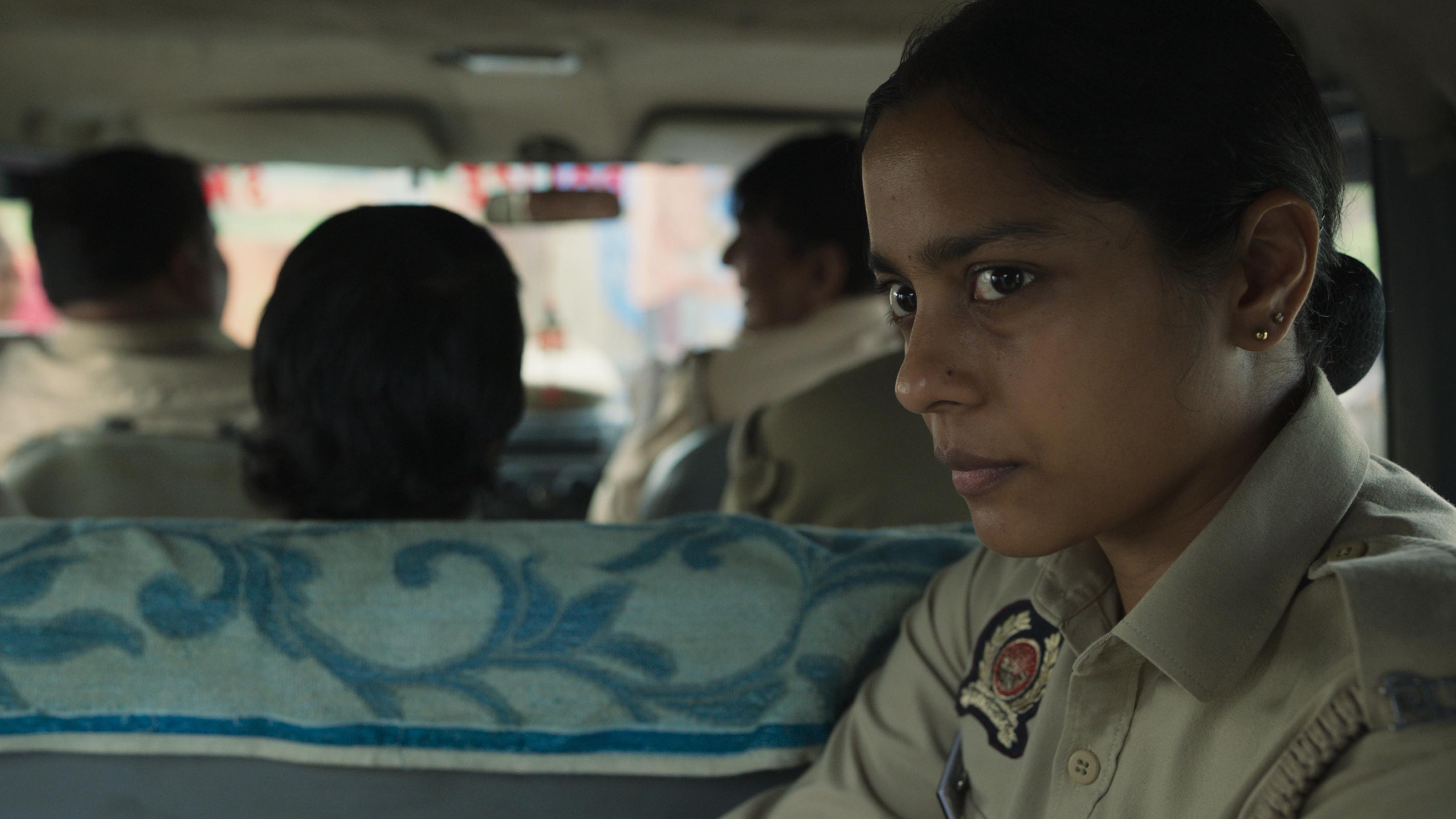Watch संतोष (2024) Movie

A government scheme sees newly widowed Santosh inherit her husband’s job as a police constable in the rural badlands of Northern India. When a low-caste girl is found raped and murdered, she is pulled into the investigation under the wing of charismatic feminist inspector Sharma.

Nothing is more dangerous than following orders. - widow
## Santosh Vilem: The Whispers in the Code and the Shattered Mirror of Perception
Santosh Vilem isn't a name plastered across Hollywood billboards, nor a character etched into the public consciousness through blockbuster franchises. He's a figure of quiet intensity, a master of subtlety whose influence resonates most profoundly within the realm of independent cinema and experimental theatre. He's a conjurer of unease, a painter of shadows with a narrative brush. And if you've stumbled upon his work, you know that deciphering Vilem is like trying to grasp sand: the harder you squeeze, the more it slips through your fingers.
Vilem's artistry isn't about providing answers. It's about igniting questions, about forcing you to confront the uncomfortable truths you’ve carefully buried beneath the veneer of normalcy. His films, often described as “psychological thrillers with a philosophical bent,” eschew jump scares and cheap thrills in favor of a slow-burn dread that seeps into your bones. They linger, not in your memory, but in your subconscious, whispering doubts about the nature of reality and the fragility of the human mind.
One of the recurring motifs in Vilem's oeuvre is the exploration of fractured identities. His protagonists are rarely whole. They are fragmented reflections, often grappling with suppressed traumas, unresolved conflicts, and the creeping suspicion that they are not who they believe themselves to be. This theme is particularly pronounced in his 2017 film, *The Unseen Echo*, a haunting portrayal of a woman piecing together fragments of a forgotten childhood, only to discover that the idyllic memories she clung to were built on a foundation of lies and manipulation. The film leaves the audience questioning the validity of her restored memories, blurring the lines between truth and delusion.
Vilem’s work is also known for its intricate use of symbolism and allegory. Dialogue is often sparse, replaced by visual cues and evocative soundscapes that create an atmosphere of palpable tension. His films are puzzles to be solved, demanding active participation from the viewer. There are no easy answers, no neatly tied conclusions. The meaning is not given; it is earned through careful observation and personal interpretation.
His theatre productions are even more challenging, often incorporating unconventional staging, experimental sound design, and audience interaction to create immersive experiences that blur the line between reality and performance. His 2020 play, *The Labyrinth of Mirrors*, explored the themes of identity and perception through a series of shifting narratives and fragmented scenes, leaving the audience disoriented and questioning their own senses. The play, while critically acclaimed, proved polarizing, with some viewers praising its innovative approach to storytelling, while others found it confusing and inaccessible.
Vilem's commitment to pushing the boundaries of storytelling has earned him both admiration and criticism. Some accuse him of being pretentious and overly esoteric, while others hail him as a visionary artist, unafraid to challenge conventional norms. Regardless of one's opinion, it's undeniable that Santosh Vilem is a force to be reckoned with in the world of independent art.
He is a whisper in the code of contemporary storytelling, a glitch in the matrix of predictable narratives. He’s the shattered mirror reflecting back not what we want to see, but what we are perhaps too afraid to acknowledge. And in that discomfort, in that unsettling self-reflection, lies the true power of Santosh Vilem's art. He forces us to look beyond the surface, to confront the hidden depths of our own minds, and to question the very nature of reality itself. Whether we like what we find there is, of course, another matter entirely. His enduring legacy will lie not in giving us answers, but in compelling us to keep asking the questions.

إرسال تعليق